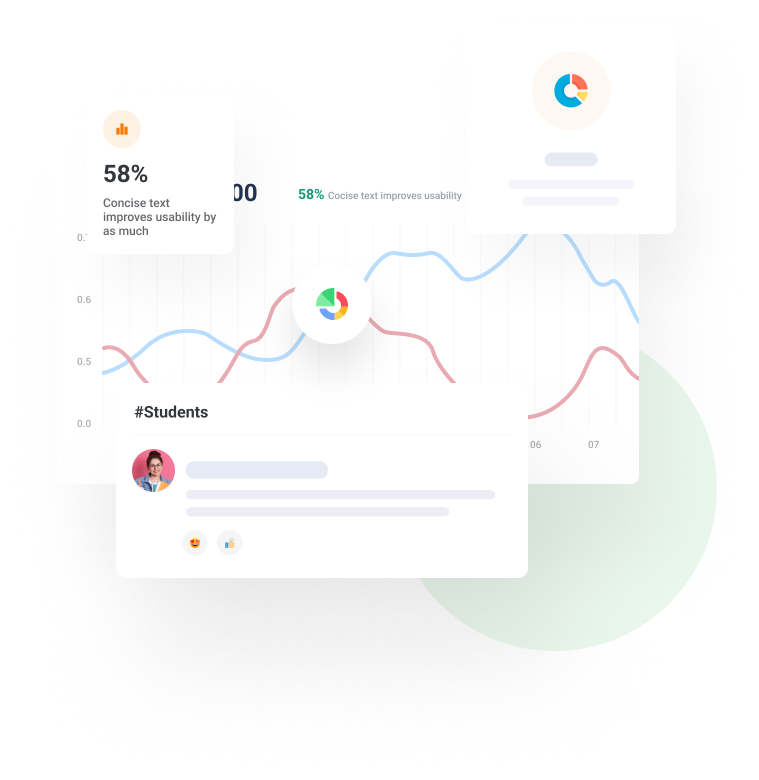Student Earnestness in an Interactive Online Controls Textbook When Answers are Available
Published 2024
Authors
Ms. Jenny Welter
Wiley
Mohsen Sarraf
zyBooks, A Wiley Brand
Dr. Ryan Barlow
zyBooks, A Wiley Brand
Abstract
Interactive textbooks commonly engage students by embedding questions within the reading exposition to help students review concepts and identify misconceptions. While these questions often allow the students to view the correct answer, the assumption is that students will only view the correct answer after having unsuccessfully attempted the question. In actuality, how many students try the question before clicking to see the answer? The answer to this question is important because attempting to answer a question results in better long-term retention than simply reading the answer or solution.
In this study, student responses to unique formative assessment questions embedded in an online interactive control systems textbook (the Control Systems Engineering zyBook, based on the Control Systems Engineering textbook by Norman Nise) are evaluated from multiple classes across multiple universities. The study addresses three questions. First, do students make an earnest attempt at answering the questions when the answer is easily accessible? Responses are considered earnest if the student made at least one attempt at answering the question before revealing the solution. Second, do specific characteristics of the zyBook or course correlate with increased or decreased student earnestness in answering questions? These include characteristics such as: point of progression within the course and within a chapter, class size, institution Carnegie classification, and question difficulty. Third, are these student behaviors consistent between students in control systems courses, which tend to be upper-level courses, and students in circuit analysis courses, which tend to be introductory-level courses? We compare the results for the Control Systems Engineering zyBook to a similar earlier investigation in the Basic Engineering Circuit Analysis zyBook, and to earlier investigations in computer science zyBooks.
The resulting analysis shows more student earnestness on questions with particular parameters. Through this study, we expect to improve understanding of students’ engagement with online interactive learning materials and factors that correlate with different levels of student engagement, to inform the further evolution of interactive textbooks.





